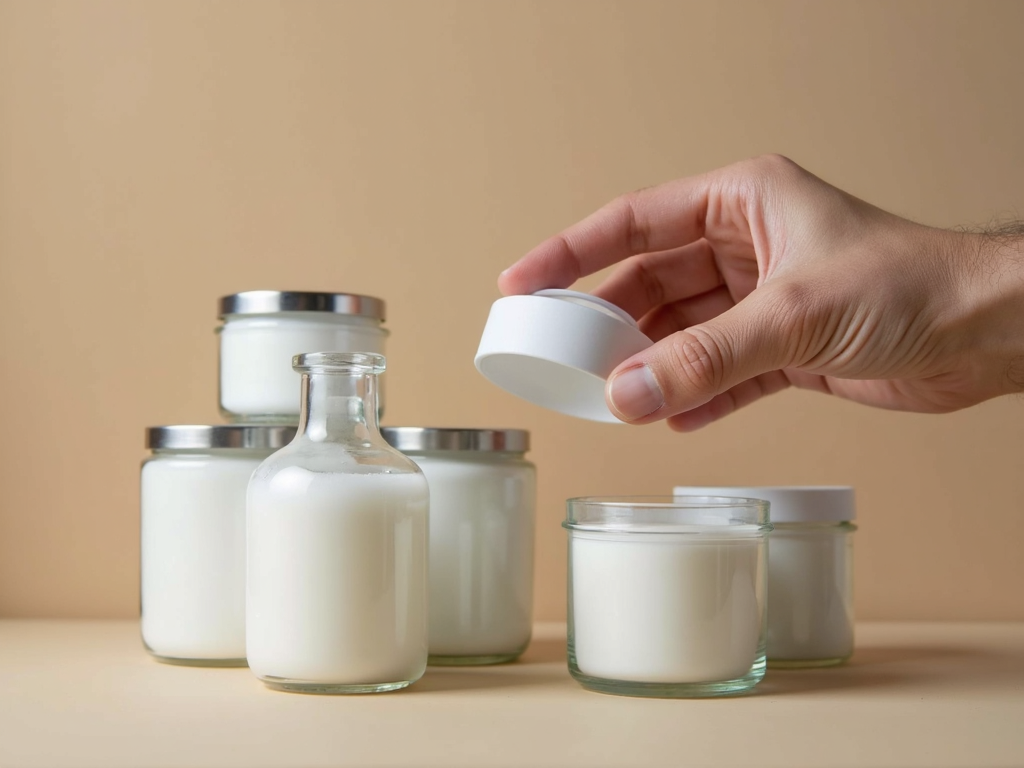Exploring the Impact of Lifestyle on Infertility
June 24, 2025, 7:13 a.m.
Overview
Infertility affects many couples worldwide, and lifestyle choices can play a significant role in fertility. This article explores how diet, exercise, stress, sleep, and environmental factors can impact fertility and offers practical tips for improving reproductive health.
Diet and Fertility
A balanced diet is crucial for reproductive health. Nutrient deficiencies can affect hormone levels and ovulation. For example, low levels of iron and vitamin D have been linked to infertility. Including foods rich in antioxidants, such as fruits and vegetables, can help protect reproductive cells from damage.

Exercise and Fertility
Regular physical activity can improve fertility by maintaining a healthy weight and reducing stress. However, excessive exercise can have the opposite effect, leading to hormonal imbalances and irregular menstrual cycles. Aim for moderate exercise, such as walking or yoga, for about 30 minutes a day.
Table: Exercise Recommendations for Fertility
| Type of Exercise | Benefits | Precautions |
|---|---|---|
| Walking | Improves circulation and reduces stress | Avoid overexertion |
| Yoga | Enhances flexibility and reduces stress | Choose gentle poses |
| Swimming | Low-impact and full-body workout | Avoid hot tubs and saunas |
Stress and Fertility
Chronic stress can disrupt hormone levels and interfere with ovulation. Finding ways to manage stress, such as through meditation, deep breathing, or hobbies, can improve fertility. Consider seeking support from a therapist or counselor if stress is overwhelming.

Sleep and Fertility
Adequate sleep is essential for hormone regulation and overall health. Poor sleep can affect fertility by disrupting the body's natural rhythms. Aim for 7-9 hours of quality sleep each night and establish a consistent sleep schedule.
List: Tips for Better Sleep
- Create a relaxing bedtime routine
- Keep the bedroom cool, dark, and quiet
- Avoid screens before bedtime
- Limit caffeine and alcohol intake
Environmental Factors and Fertility
Exposure to certain chemicals and toxins can affect fertility. Endocrine-disrupting chemicals (EDCs) found in plastics, pesticides, and personal care products can interfere with hormone function. Minimize exposure by choosing natural products and avoiding plastic containers for food and drinks.

Summary
Lifestyle choices can significantly impact fertility. By making informed decisions about diet, exercise, stress management, sleep, and environmental exposures, individuals can improve their reproductive health. For further reading, check out the recommended articles below.